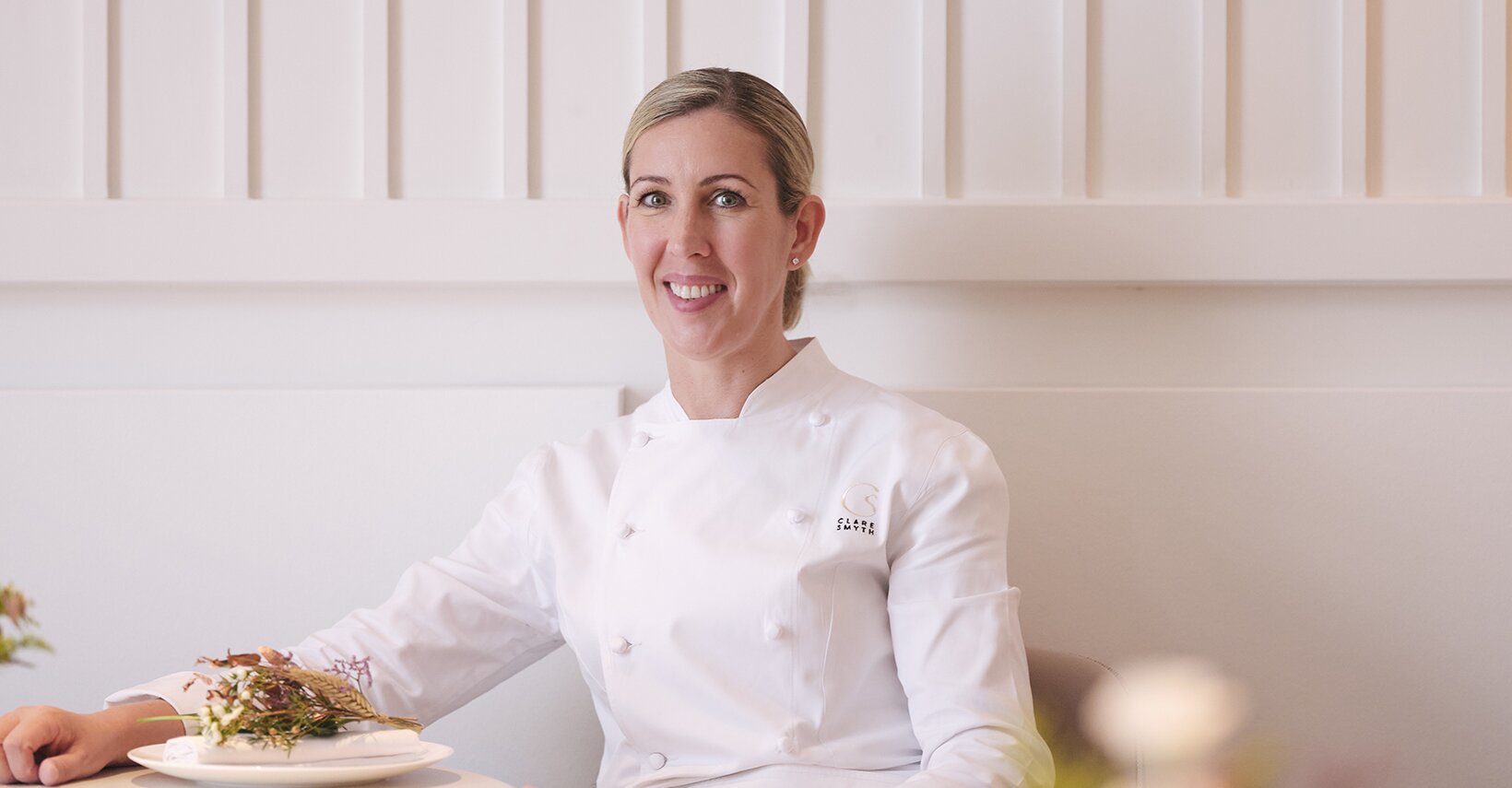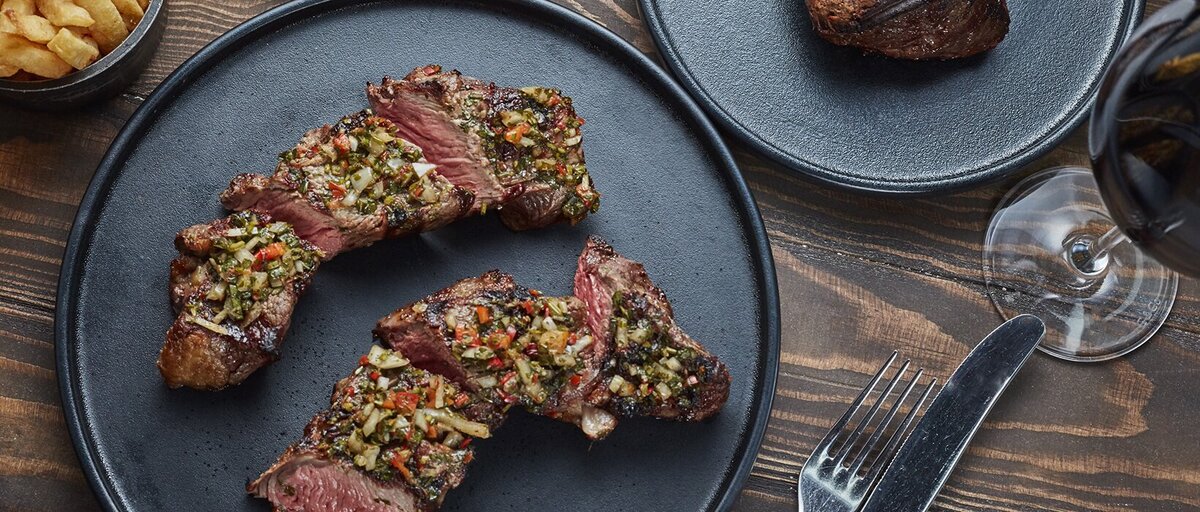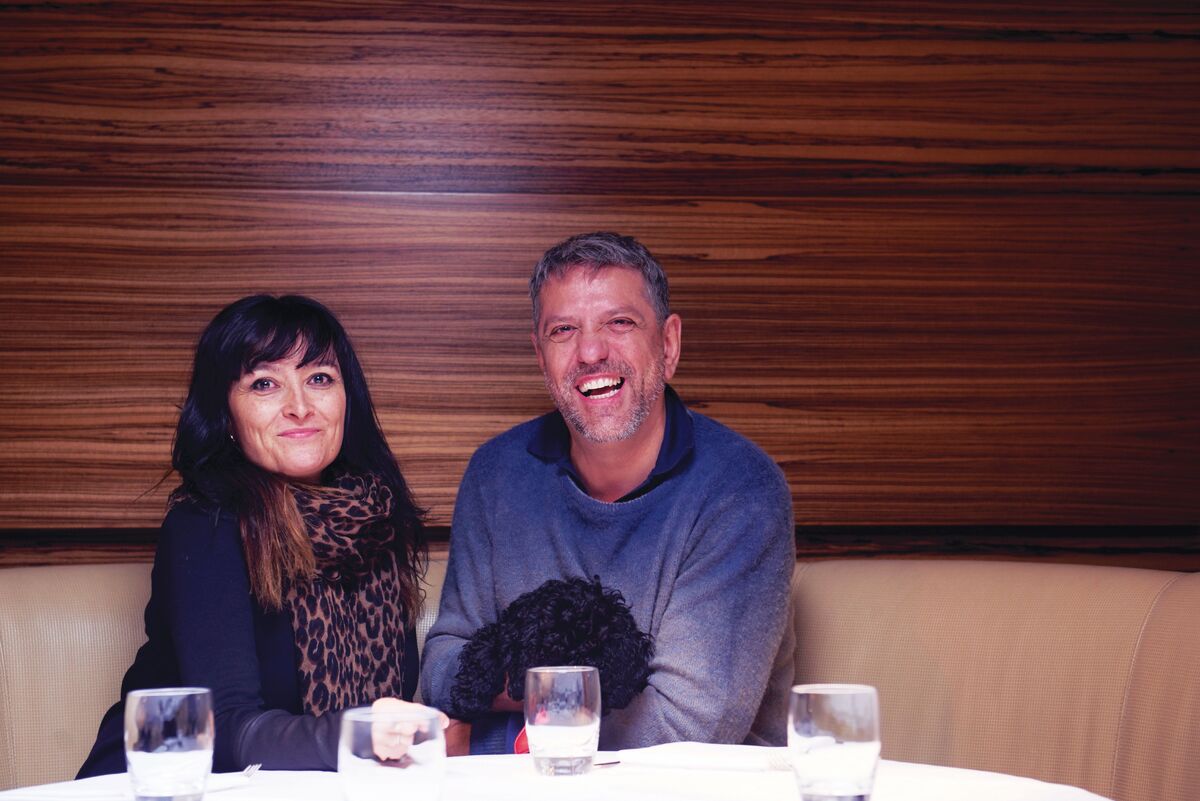Bocuse d'Or diaries: Clare Smyth asks for more investment in Team GB chefs
Long-time fan of the competition Clare Smyth makes a plea for more investment in competing chefs to get Team GB to the top
The Bocuse d’Or UK Academy team placed seventh at the 2023 grand finals in Lyon in January. In the fifth and final instalment in our series of Bocuse d’Or diaries, we speak to global chef ambassador and chef of three-Michelin-starred Core, Clare Smyth.
I’ve watched Bocuse d’Or since I was very young. I first went to see a grand final in Lyon when I was about 26 and it was really spectacular – it’s quite a show, and I have watched every edition of it since.
In 2020 I was asked to be the honorary president for the European finals in Tallinn and in 2021 Team UK asked me to join them and put my support behind the British effort. We didn’t compete in the grand finals in 2021 due to Covid, so it was great to be able to support them as they competed this year.
I feel a responsibility to giving something back, especially to a national team, and to help Britain succeed in global gastronomy. I’m committed to helping the UK team in the next cycle – the European heats will be held in Trondheim, Norway, in 2024.
Bocuse d’Or is a huge competition, it’s so fierce and we need to get more investment. The top teams have huge budgets and are able to train for an awful lot longer than we can. That’s what we’re now focused on – it’s definitely not a lack of skill and ability, as we’ve got that in the UK.
It’s hard to compete with the top teams when they’ve got such big budgets – some of the bigger teams are government sponsored. We did very well this year and beat some really strong teams with huge budgets. The ability is there in Team UK, we just have to get more time for the team to train and that’s where the budget comes in. It’s about being able to pay some salaries for the chefs to be able to spend more time to focus on the competition.
Sponsorship and financial support are hugely important, but it can also show big returns. Look what’s happened in Scandinavia in the global food scene – it shows that it’s paid off. The country has been very serious at getting behind their restaurants, their chefs and hospitality, investing in their Bocuse d’Or team to consistently get them on the podium, and now they’re respected as being some of the best in the world. You can see what they’ve achieved because they’ve invested in it.
There are things that I’ve seen that I’m interested in trying in my kitchen. This competition pushes boundaries everywhere, with technique and with innovation. The first thing we saw after the grand finals was an influx of questions about our monkfish bacon and how to make it. Bocuse d’Or is where you’re going to see these techniques evolve, in this pressured environment, as it’s where you need to create something at its very best with some of the most skilled chefs in the world. Even the way the team worked, how organised and streamlined we were, we’ll take a huge amount from that.
For any chef thinking of getting involved in Bocuse d’Or I would say do it, you will learn so much, even just being in that environment with great chefs from all over the world. It’s such a wonderful place to be, to learn, to absorb it all and to meet your culinary heroes. The learning that you can evolve out of it and the skill and the practice is huge.
And when you see the food it’s spectacular – it’s really a work of art. It’s not something that you might transfer directly to your kitchen but these skills and techniques do filter down and they inspire everyone. You see trends come out of the Bocuse d’Or. For example we’re now seeing really ornate tuile and that’s come from the competition. It’s a wonderful thing.
















